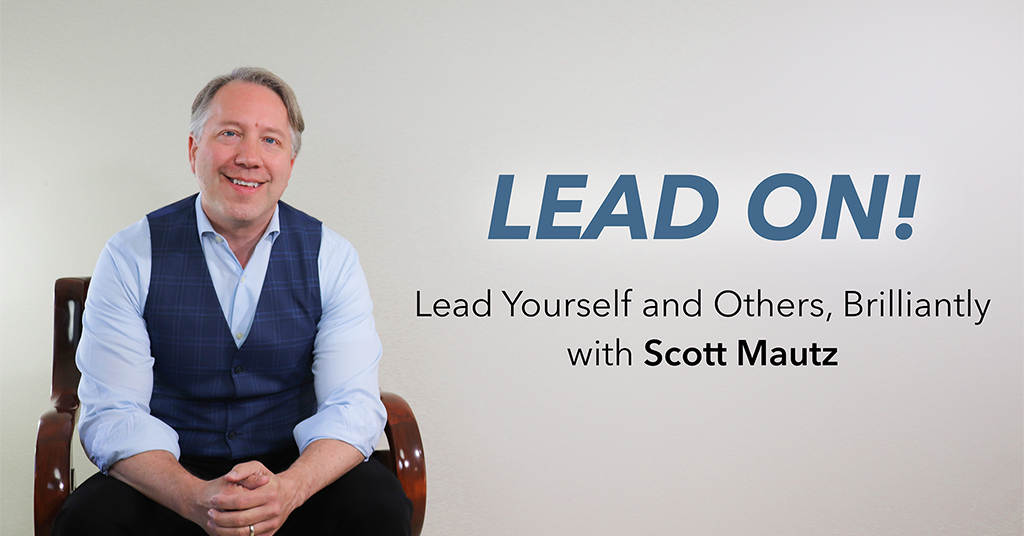
INSIGHTS (on leadership/self-leadership)
Here’s the single most important question to ask yourself when debating whether or not to take on a new opportunity:
“Why do I have energy to do this?”
This goes deeper than “What’s my goal by taking this on?” – it gets to what about doing the potential new work lights you up. This is important: I’ve seen too many people start a new endeavor to achieve an old goal. Read that sentence again. I’m talking about a goal they haven’t examined in a while for meaningfulness. Something they just continue pursuing on autopilot because it should be their goal. But you can’t keep denying where your energy wants to go, and there’s no denying that without your sustained energy, you’ll never make it all the way to success with the opportunity. So, if you have a hard time answering this question, or if your answer feels superficial, think twice before jumping in.
IMPERFECTIONS (on mistakes in general)
Research shows that the average human being makes 3-6 mistakes every hour. It begs the question, how best to take all your mis-steps in stride? I encourage you to think of mistakes as a science experiment, as part of trial and error, an experiment of life you’re conducting, working to get the formula right. In this way, you’ll more easily accept mistakes and see failures as learning opportunities. When something goes wrong, you can detach from it (versus feeling like a victim), seeing the experience like a scientific observer, there to record it in your notebook, curious about what you’ll discover in the next experiment.
IMPLEMENTATION (one research-backed strategy, tip, or tool)
Stanford psychologist Carol Dweck broke ground with her work on growth mindset. By Dweck’s own words: “Individuals who believe their talents can be developed (through hard work, good strategies, and input from others) have a growth mindset. They tend to achieve more than those with a more fixed mindset (those who believe their talents are innate gifts).” This wisdom has made it into mainstream leadership development, but there’s another gem from Dweck often overlooked.
When you suffer a setback, think “Not yet” vs. “I failed” or “Never.”
This simple shift in thinking makes all the difference in the world because it encourages you to think of failures as work in progress versus a final outcome.




Leave a Reply